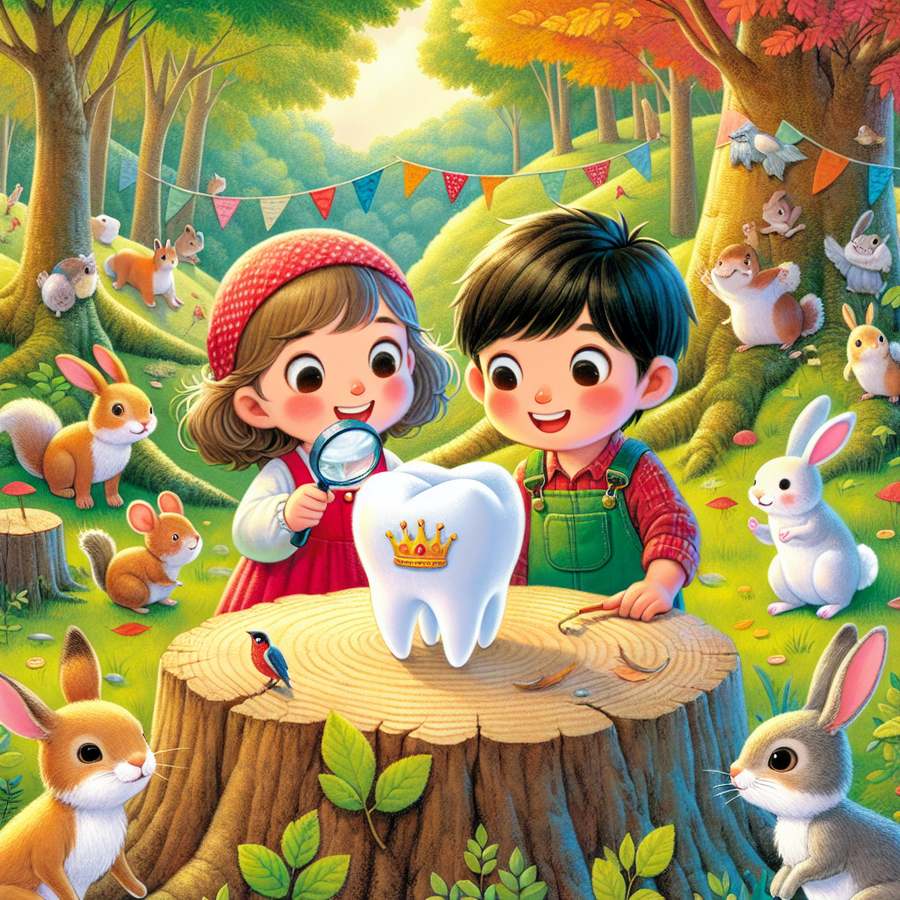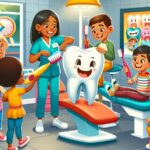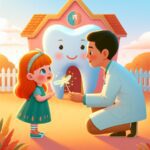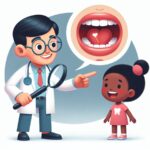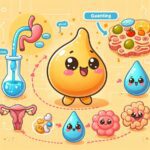Deciduous teeth, commonly known as baby teeth, play a pivotal role in the healthy development of a child. These temporary teeth serve as placeholders for permanent teeth, ensuring they erupt correctly and maintain proper oral health from an early age. This comprehensive guide aims to explore the intricacies of deciduous teeth and provide new parents with the knowledge and tools necessary to care for their child’s dental health.
What Are Deciduous Teeth and Why Are They Important?
Deciduous teeth are the first set of teeth that erupt in a child’s mouth. Starting around six months of age, these teeth serve several critical functions beyond just the ability to chew. They play a significant role in the development of proper speech, maintaining space for permanent teeth, and contributing to a child’s overall health. Ignoring the health of deciduous teeth can lead to complications such as misaligned permanent teeth, speech problems, and other oral health issues.
The eruption of deciduous teeth follows a general pattern, beginning with the lower central incisors and ending with the second molars, usually by the age of three. However, it’s important to note that the timing can vary from one child to another. A comprehensive understanding of this process helps parents monitor their child’s developmental milestones and address any concerns with a pediatric dentist early on.
How to Care for Your Child’s Deciduous Teeth
Caring for deciduous teeth begins even before the first tooth erupts. Wiping a baby’s gums with a soft, damp cloth can help clear away harmful bacteria. Once the first tooth appears, parents should use a pea-sized amount of fluoride toothpaste and a soft-bristled toothbrush to gently clean the tooth and surrounding gums.
Regular dental check-ups are crucial, ideally starting at the age of one or within six months after the first tooth erupts. These visits allow the dentist to monitor the growth and development of deciduous teeth and provide professional cleaning. Additionally, they offer an opportunity to educate parents on proper oral hygiene practices and dietary choices that affect oral health.
Common Issues with Deciduous Teeth and Solutions
Deciduous teeth, while temporary, are susceptible to cavities and decay, often referred to as ‘baby bottle tooth decay.’ This condition primarily affects the upper front teeth and is caused by prolonged exposure to sugary liquids. To prevent this, avoid putting your child to bed with a bottle containing anything other than water and encourage drinking from a cup as they approach their first birthday.
Teething is another common issue that affects children as their deciduous teeth erupt. Symptoms include irritability, drooling, and a tendency to chew on hard objects. Teething rings and massaging the gums can offer relief. If your child experiences severe discomfort, consulting with a healthcare provider is advisable for additional treatment options.
The Transition from Deciduous Teeth to Permanent Teeth
The process of shedding deciduous teeth to make way for permanent ones typically begins around the age of six and continues until about twelve. This phase, while normal, can be a source of anxiety for children. Encouraging good oral hygiene practices and reassuring them about the natural process can help ease their concerns.
On occasion, a deciduous tooth might not fall out on its own, potentially obstructing the eruption of the permanent tooth. In such cases, a visit to the dentist is necessary to assess whether intervention is needed. Maintaining regular dental check-ups during this transition phase is essential for ensuring the healthy development of permanent teeth.
For further reading on child dental health and the transition from deciduous to permanent teeth, parents can find additional resources at babywhysandhows.com/deciduous-teeth. This site offers valuable insights into various pediatric health topics, including dental hygiene, teething, and tooth decay, aiding parents in navigating the complexities of childhood development.
Understanding and caring for deciduous teeth is a foundational step in ensuring a lifetime of healthy smiles for your child. By adopting proper oral hygiene practices early on and addressing any issues promptly, parents can lay the groundwork for robust oral health well into adulthood.

